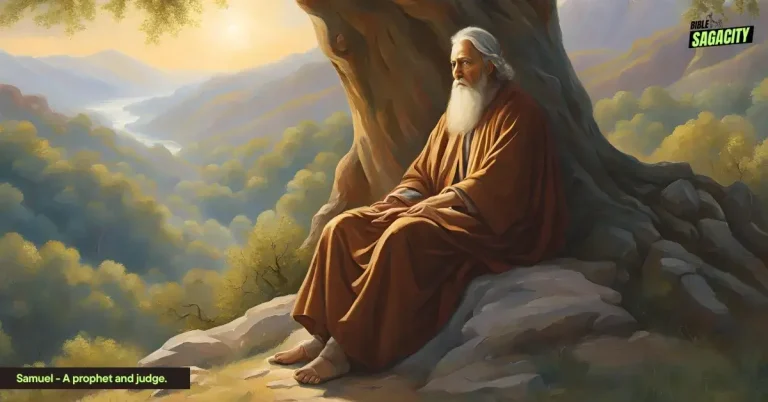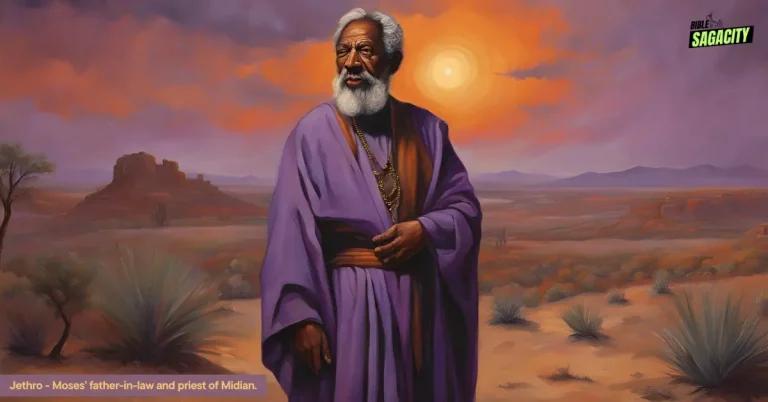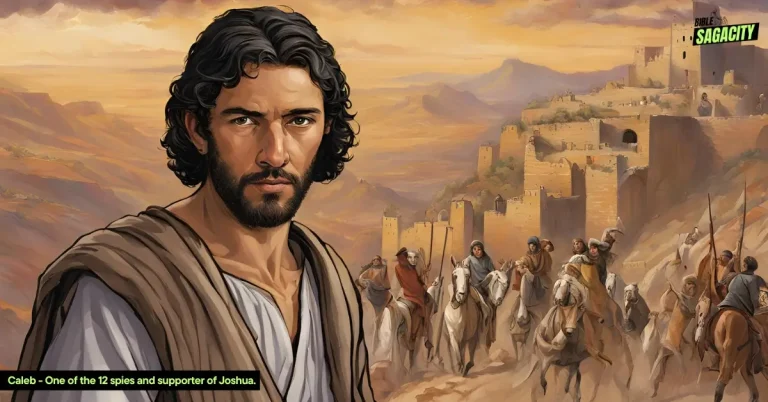Who Wrote The Holy Bible? Find Out Here

There is no single author of the Holy Bible. The Bible is a collection of writings by different authors, written in different periods. Different books of the Bible are written by different authors including prophets, apostles and other personalities.
Here is a detail about authors of Bible:
Overview of Holy Bible
The Bible is the sacred book of Christians. It is divided in two parts:
- Old-Testament
- New-Testament
Before discussing the authors, let’s have a glimpse of books.
Old-Testament
The first part of the Bible is the Old-Testament, containing the history of the nation of Israel, laws and prophets. It is the holy book of the Jews which includes many different books.
Old-Testament Books
Pentateuch
It includes Genesis, Exodus, Leviticus, Numbers and Deuteronomy.
Historical Books
It includes Joshua, Judges, Ruth, Samuel 1&2, King 1 & 2, Chronicles 1 & 2, Ezra, Nehemiah and Esther.
Prophetic Books
It includes Isaiah, Jeremiah, Ezekiel, Daniel, Minor Prophets, Hosea, Joel and Amos.
Wisdom Books
It contains Proverbs, Song of Solomon, Job and Ecclesiastes.
New-Testament
The second part of the Bible is the New Testament, Including Jesus’ life, teachings, and the early Christian church. It contains the basic teachings of the Christian religion.
New-Testament Books
Gospels
It has Matthew, Mark, Luke, John and Epistles.
Acts
It consists of Acts of the Apostles.
Revelation
It consists of divine.
Authors
The diversity and depth of the Bible reflects its different authors and periods. Each author has written the relevant parts of the Bible according to their specific background, spiritual insights and experiences. In this detailed review, we look at the lives of these authors, the nature and the years of their writing.
Authors of Old –Testament
Moses
Moses wrote the laws and orders given by God in the Sinai desert after leaving Egypt with the Israelites. In addition, he wrote about the creation of the world and early human history in the book of Genesis. Exodus contains details about the freedom of the Israelites and God’s laws, Leviticus and Tanah contain various religious, moral and social laws.
Books of Moses
- Genesis
- Exodus
- Leviticus
- Numbers
- Deuteronomy
Years
- 1300-1400 BC
David
David‘s poetry contains mostly religious and spiritual themes. The Psalms contain a wide range of thanksgiving, human emotions and prayers, which describes the relationship with God in different situations.
Books
- Psalms
Years
- 900-100 BC
Solomon
There are different aspects of philosophy, love and wisdom in the book of Solomon‘s life. Proverbs include moral lessons and practical wisdom. Ecclesiastes reflects on the futility of life and the mortal nature of worldly affairs and the song is poetry of love which highlights the beauty and intensity of Solomon’s love.
Books
- Proverbs
- Song of Solomon
- Ecclesiastes
Years
- 900-950 BC
Isaiah
The prophecies of Isaiah mainly focus on Israel’s sins and its reformation. In this book, there are prophecies about the coming Messiah, Israel’s opponents and world history. The book of Isaiah contains a great moral and spiritual message that encourages people to turn to God.
Books
- Isaiah
Years
- 700-740 BC
Jeremiah
The writings of Jeremiah contain the dilemma of the Israelites, the destruction caused by their sins, and the repentance of God’s messages. In the book of Ezra, Jeremiah expresses his sorrow over the destruction of Israel, which is very significant both historically and spiritually.
Books
- Jeremiah
- Lamentations
Years
- 580-626 BC
Ezekiel
Ezekiel received God’s message through visions and dreams. His book contains prophecies of the greatness of God, the troubles of Israel, and the coming improvement. The book of Ezekiel describes God’s prophecies through symbolic language and visions.
Books
- Ezekiel
Years
- 571-593 BC
Daniel
Daniel foretold the future through his dreams and experiences in the Babylonian Empire. His book contains Daniel’s visions, dreams and prophecies, revealing God’s plan for the present, past and future.
Books
- Daniel
Years
- 535-605 BC
Authors of New –Testament
Matthew
Matthew gives a sequence to Jesus‘ teachings, life and miracles. In the Gospels, he discusses in detail Jesus’ fulfillment of Old Testament prophecies and his teaching life. Matthew takes into account the Jewish perspective in presenting the personality of Jesus, his miracles and moral teachings.
Books
- Gospel of Matthew
Years
- 80-70 AD
Mark
The Gospels of the Marl was the first to be written and focus on the miracles and important events of Jesus‘ life. Mark presents Jesus’ ministry and faith in a comprehensive manner and highlights the difficulties of the early Christians.
Books
- Gospel of Mark
Years
- 65-70 AD
Luke
Luke gives a chronological explanation of Jesus‘ life, teachings, and ministry. Luke focuses on Jesus’ morals, miracles, and the condition of the early Christian church, emphasizing the welfare of humanity and social justice.
Books
- Gospel of Luke
Years
- 80-90 AD
John
John organized the Gospel based on the divine nature and spiritual message of Jesus. His Gospel emphasizes Jesus’ spirituality and relationship with God. These Gospels highlight the depth of Jesus’ personality and his universal message.
Books
- Gospel of John
Years
- 90-100 AD
Paul
Paul wrote letters to the early Christian church in which he discussed Christian teachings, spiritual development, and moral principles. He has commented on the problems of various churches and their spiritual condition.
Books
- Pauline Epistles
- Romans
- Corinthians 1 & 2
- Galatians
- Ephesians
- Philippians
- Colossians
- Thessalonians 1 & 2
- Timothy 1 & 2
- Titus
- Philemon
Years
- 50-60 AD
Original Authorship
The messages in the Bible were not written by the prophets by their own choice but were written under the guidance of God. The Bible is God’s book and originally written by God through prophets. This book helps people to learn the right path and become a better person. The Bible is a holy book written under the supervision of God.
Frequently Asked Questions
Conclusion
As you have seen, there are a large number of authors of the Holy Bible. They wrote the messages of God according to the conditions of their time such as Moses, David, Solomon, Isaiah, Matthew, Mark, Luke, John and Paul. They wrote various books of the Bible.
With this, they played an important role in guiding humanity and conveying God’s message to the world, but despite all these authors, the real credit goes to God because behind every word of the Bible there is God’s guidance. The Bible is called the Word of God, and it is believed that through these writers God conveyed his message to the people.






